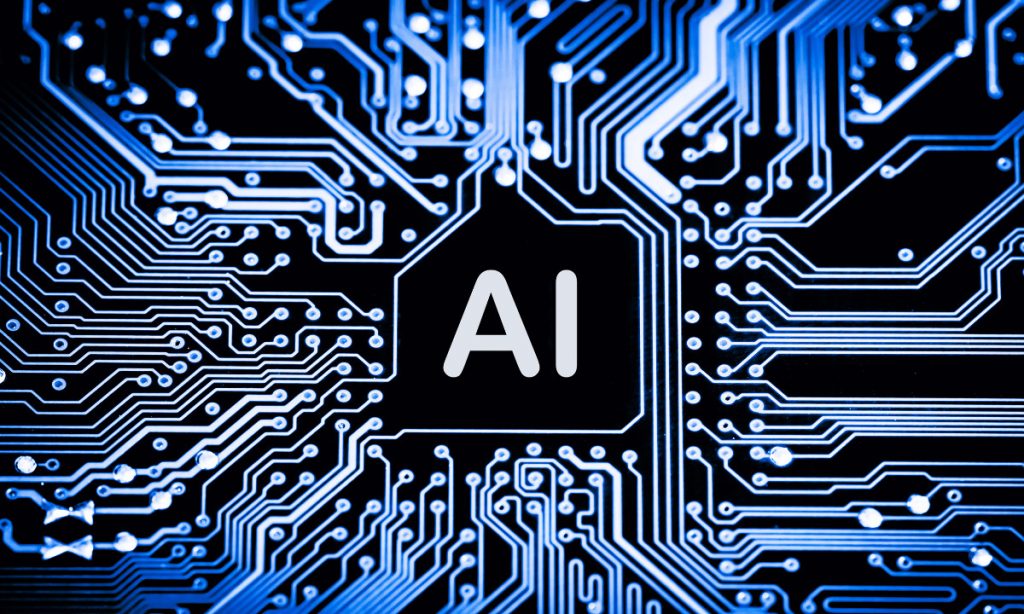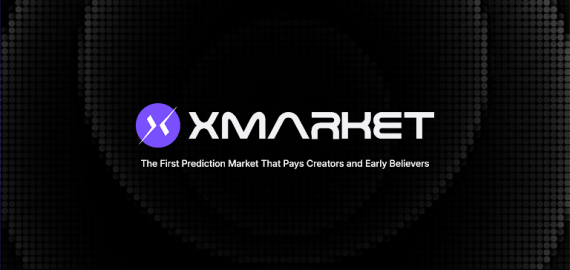Breaking the AI Monopoly: How Decentralized Solutions Can Democratize AI


In the fast moving world of artificial intelligence (AI) a problem has emerged: the few big companies are dominating. 80% of the AI industry is controlled by a handful of tech giants. This concentration of power raises big questions about the future of AI and fairness, accessibility and risk.
Centralization of AI carries risks. First and foremost it creates an imbalance in the industry where the power and benefits of AI are controlled by a small group of companies. This concentration stifles innovation as smaller companies and independent developers can’t compete with the resources and infrastructure of the big tech giants.
Also the dominance of a few companies in AI development means ethical and privacy issues. They have access to vast amounts of data and the question is how this data is used and protected. The potential for misuse or biased AI systems becomes a big issue when transparency and accountability is not guaranteed.
Statistics show the extent of this centralization. For example Google’s AI subsidiary DeepMind and OpenAI backed by Microsoft have some of the most advanced AI models. These companies and a few others control a big chunk of the AI research and development. This concentration can steer the direction of AI towards the interests of these companies rather than the greater good.
Decentralized AI
To solve this problem decentralized AI has emerged as a solution. Decentralized AI aims to distribute the power and benefits of AI development across a bigger and more inclusive network. This uses blockchain and decentralized networks to create an AI ecosystem that is community driven, transparent and more secure.
One of the platforms in this space is Qubic. Qubic uniquely combines blockchain and AI using a system called Useful Proof of Work (uPoW). Unlike traditional mining which consumes a lot of energy without any additional benefit, Qubic’s uPoW uses the computational power for practical purposes like AI training. This system secures the network and contributes to real world AI advancements.
Qubic’s decentralized AI ecosystem is built on top of 676 specialized nodes called Computors. These nodes are responsible for executing smart contracts and participating in the network’s decision making process. A quorum of at least 451 Computors is required to validate and finalize the results, ensuring high reliability and consensus in the network. This structure allows for a fair launch and community driven governance where power is more distributed among the participants.
Decentralized AI Benefits
Decentralized AI has many benefits. First, it’s more democratic. By removing the barriers set by centralized entities, developers and organizations of all sizes can contribute to and benefit from AI progress. This inclusivity breeds innovation as many contributors bring different perspectives and expertise to the table.
Second, decentralized AI is more transparent and accountable. In a decentralized network, decisions and processes are recorded on a blockchain, an immutable and transparent ledger. This transparency builds trust and ensures AI is developed to ethical standards.
And decentralized AI also promotes data privacy and security. In a centralised system, huge amounts of data are stored in a few places, making them a target for cyber attacks. In a decentralized network, data is distributed across many nodes, reducing the risk of a single point of failure and overall security.
Qubic in Decentralised AI
Qubic is the proof of concept for decentralized AI. Its integration of AI and blockchain shows that decentralized AI is not just an idea but a practical and better form of AI computing. Qubic’s unique approach, combining uPoW and a decentralized network of Computors, sets a new standard for how AI can be developed and used.
A key part of the Qubic platform is Aigarth, an AI framework that uses the computational power of Qubic miners to create and train artificial neural networks (ANNs). This AI ecosystem is a continuous improvement loop where ANNs train on data compression tasks and a higher level AI, called Teacher, optimizes these ANNs. This way AI development is efficient and always evolving.
And Qubic’s tokenomics also support the decentralized AI model. Qubic Units (QUs) are the functional currency of the network, used to measure and spend computational ‘energy’. These units are generated at a fixed rate and are mostly distributed to Computors. Inefficient nodes and miners have a part of their rewards burned, which regulates the inflation in the system. This burn mechanism ensures a balance between inflation and deflation and keeps the economy stable in the network.
Qubic also has feeless transfers and offline payment verification and smart contracts executed directly on hardware using C++ are super fast and efficient. Commissions are voted by quorum and then burned, which keeps the economy stable.
Future Vision
Decentralized AI is a game changer. Platforms like Qubic are showing us it’s possible to build a decentralized AI ecosystem that’s more transparent, secure and inclusive. By using blockchain and uPoW decentralized AI can address the current imbalances and risks of centralization.
Decentralized AI is not just about technology, it’s about an ecosystem that benefits all of humanity. By distributing power and control more evenly decentralized AI will drive innovation and make sure the benefits of AI are shared by all. This is in line with the broader goals of Web3 to create a more open, transparent and decentralized internet.
As we go forward the importance of decentralized AI will only increase. Transparency, security and inclusivity in AI development is key. By going decentralized we can have a future where AI serves all, not just the few. The work of Qubic shows this future is not only possible but achievable. Now is the time to go decentralized and make sure the power and potential of AI is used for the greater good.
Disclaimer
In line with the Trust Project guidelines, please note that the information provided on this page is not intended to be and should not be interpreted as legal, tax, investment, financial, or any other form of advice. It is important to only invest what you can afford to lose and to seek independent financial advice if you have any doubts. For further information, we suggest referring to the terms and conditions as well as the help and support pages provided by the issuer or advertiser. MetaversePost is committed to accurate, unbiased reporting, but market conditions are subject to change without notice.
About The Author
Gregory, a digital nomad hailing from Poland, is not only a financial analyst but also a valuable contributor to various online magazines. With a wealth of experience in the financial industry, his insights and expertise have earned him recognition in numerous publications. Utilising his spare time effectively, Gregory is currently dedicated to writing a book about cryptocurrency and blockchain.
More articles

Gregory, a digital nomad hailing from Poland, is not only a financial analyst but also a valuable contributor to various online magazines. With a wealth of experience in the financial industry, his insights and expertise have earned him recognition in numerous publications. Utilising his spare time effectively, Gregory is currently dedicated to writing a book about cryptocurrency and blockchain.


















































